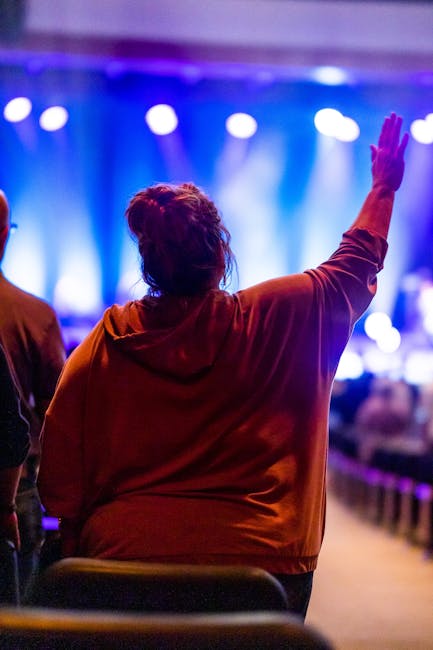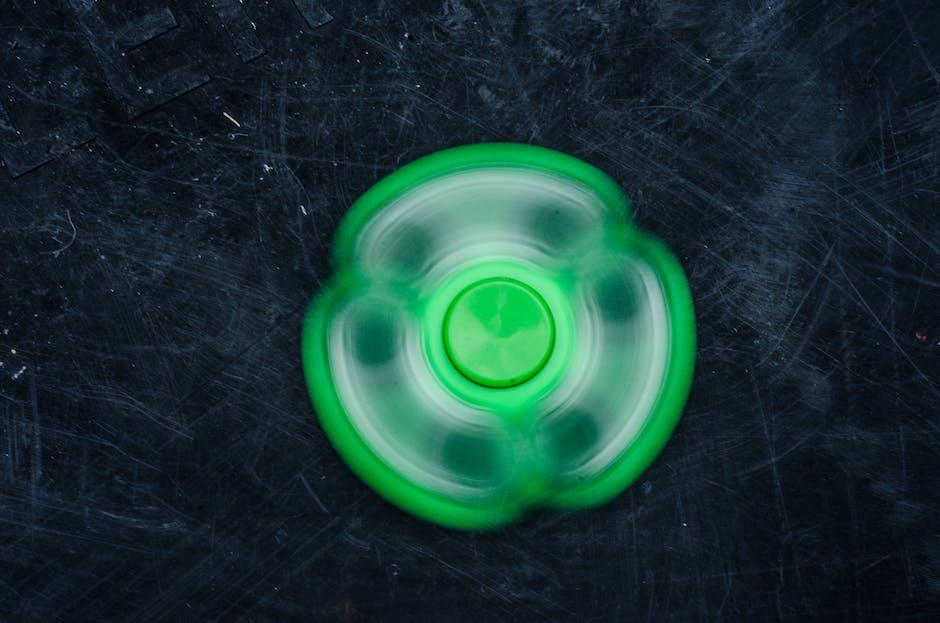The Importance Of Showing Appreciation In Friendships
Friendships are like gardens—they need care, attention, and a little sunshine to thrive. One of the most effective ways to nurture these relationships is by showing appreciation. It’s a simple act, but it holds the power to strengthen bonds, deepen trust, and create lasting memories.
Think about it: how often do you let your friends know how much they mean to you? Life gets busy, and it’s easy to take friendships for granted. But when you pause to express gratitude, you’re not just saying “thank you”—you’re saying, “I see you, I value you, and I’m grateful for you.”
Let’s dive into why appreciation is so important in friendships and how you can make it a regular part of your life.
Key Takeaways
- Appreciation is essential for maintaining strong and healthy friendships.
- Expressing gratitude strengthens emotional connections and builds trust.
- Simple acts of kindness and acknowledgment can prevent friendships from feeling one-sided.
- Personalized gestures of appreciation make your efforts more meaningful.
Introduction to the Importance of Appreciation in Friendships
Definition of Appreciation in the Context of Friendships
Appreciation in friendships is about recognizing and valuing the role your friends play in your life. It’s not just about saying “thanks” when they do something nice; it’s about acknowledging their presence, effort, and impact on your well-being.
It’s the little things—like remembering a joke that made you laugh or checking in after a tough day—that show you care.
Why Showing Appreciation Matters in Maintaining Strong Bonds
Friendships, like any relationship, require effort. Without appreciation, even the closest bonds can weaken over time. When you show gratitude, you’re reinforcing the connection and reminding your friend that they matter.
Appreciation also helps prevent misunderstandings. It’s a way of saying, “I don’t take you for granted,” which can go a long way in avoiding resentment or feelings of neglect.
Overview of the Benefits of Expressing Gratitude in Friendships
Expressing gratitude isn’t just good for your friendships—it’s good for you, too. Studies show that practicing gratitude can boost your mood, reduce stress, and even improve your physical health.
For your friends, it creates a sense of belonging and mutual respect. It’s a win-win situation that makes everyone feel valued and connected.

Strengthening Bonds Through Appreciation
How Appreciation Fosters Deeper Emotional Connections
When you express gratitude, you’re opening the door to deeper emotional intimacy. It’s like saying, “I trust you enough to share how much you mean to me.”
This vulnerability strengthens the bond and creates a safe space for both of you to be your authentic selves.
The Role of Gratitude in Building Trust and Mutual Respect
Trust is the cornerstone of any friendship, and gratitude helps build it. When you acknowledge your friend’s efforts, you’re showing that you respect their time, energy, and intentions.
This mutual respect creates a foundation for a lasting and meaningful relationship.
Preventing Friendships from Becoming One-Sided or Taken for Granted
No one likes to feel unappreciated. When you consistently show gratitude, you’re ensuring that your friendship remains balanced.
It’s a way of saying, “I see the effort you put in, and I’m here to reciprocate.” This prevents feelings of imbalance and keeps the relationship healthy.

Practical Ways to Show Appreciation
Verbal Expressions of Gratitude
Saying “Thank You” and Acknowledging Efforts
Sometimes, all it takes is a heartfelt “thank you.” Whether it’s for a small favor or just being there when you needed them, those two words can mean a lot.
Sharing Specific Examples of Why You Value Your Friend
Instead of a generic “you’re the best,” try something more specific. For example, “I really appreciate how you always know how to make me laugh when I’m feeling down.”
Acts of Kindness as a Form of Appreciation
Surprising Friends with Thoughtful Gestures
A surprise coffee, a handwritten note, or even a meme that reminds you of them—small gestures can have a big impact.
Offering Help or Support During Challenging Times
Being there for your friends when they need you most is one of the most powerful ways to show appreciation. Actions often speak louder than words.
Celebrating Milestones and Achievements Together
Whether it’s a birthday, a promotion, or a personal victory, celebrating your friend’s achievements shows that you’re genuinely happy for their success.

The Emotional Impact of Gratitude in Friendships
Enhancing Emotional Well-Being for Both Friends
Gratitude has a ripple effect. When you express appreciation, it boosts your friend’s mood and yours, too. It’s like a happiness boomerang!
Creating a Positive Atmosphere Through Regular Acknowledgment
A friendship filled with gratitude feels lighter and more positive. It creates an atmosphere where both of you feel valued and supported.
Encouraging a Ripple Effect of Gratitude Within Social Circles
When you show appreciation, it inspires others to do the same. Your actions can create a chain reaction of kindness and gratitude within your social circle.

Understanding and Personalizing Appreciation
Recognizing and Respecting Each Other’s Love Languages
Words of Affirmation
Some people feel most appreciated through kind words. A simple compliment or a heartfelt message can make their day.
Quality Time and Acts of Service
For others, spending quality time together or helping out with a task might mean the world.
Tailoring Expressions of Gratitude to Individual Preferences
Not everyone shows or receives appreciation in the same way. Pay attention to what makes your friend feel valued and tailor your efforts accordingly.
Reflecting on Shared Moments to Deepen Appreciation
Sometimes, reminiscing about shared experiences can be a powerful way to show gratitude. It’s a reminder of the bond you’ve built together.

Overcoming Challenges in Expressing Appreciation
Addressing Discomfort or Awkwardness in Showing Gratitude
If expressing gratitude feels awkward, start small. A quick text or a casual compliment can be a good way to ease into it.
Balancing Sincerity and Frequency of Appreciation
While it’s important to show gratitude, overdoing it can feel insincere. Find a balance that feels natural and genuine.
Navigating Cultural or Personal Differences in Expressing Gratitude
Different cultures and personalities have different ways of showing appreciation. Be mindful of these differences and adapt your approach as needed.
Long-Term Benefits of Cultivating Gratitude in Friendships
Strengthening the Foundation of Lifelong Friendships
Gratitude is like the glue that holds friendships together. Over time, it strengthens the foundation and makes the bond unbreakable.
Reducing Misunderstandings and Conflicts Through Open Communication
When you regularly express appreciation, it fosters open communication. This can help reduce misunderstandings and resolve conflicts more easily.
Building a Supportive and Uplifting Social Network
A friendship built on gratitude is a source of strength and positivity. It creates a supportive network that uplifts everyone involved.

Conclusion
Recap of the Importance of Showing Appreciation in Friendships
Appreciation is the secret ingredient to strong and lasting friendships. It’s about recognizing the value your friends bring to your life and letting them know they’re cherished.
Encouragement to Practice Gratitude Regularly
Don’t wait for a special occasion to show appreciation. Make it a regular part of your interactions—it’s a small effort with a big impact.
Final Thoughts on Fostering Meaningful and Fulfilling Relationships
Friendships are one of life’s greatest treasures. By practicing gratitude, you’re not just maintaining these relationships—you’re making them flourish.
For more tips on building strong friendships, check out this guide or explore ways to foster relationships with loved ones.
So, go ahead—send that text, write that note, or simply say “thank you.” Your friends will thank you for it.
FAQ: Why Showing Appreciation in Friendships Matters and How to Do It
Why is showing appreciation important in friendships?
Showing appreciation strengthens the bond between friends by making them feel valued and recognized. It fosters trust, mutual respect, and emotional connection, which are essential for a lasting and meaningful friendship.
What are some simple ways to show appreciation to a friend?
Small gestures like saying ‘thank you,’ sending a thoughtful text, or giving a heartfelt compliment can go a long way. Acts of kindness, like helping them with a task or surprising them with their favorite treat, also show you care.
How does expressing gratitude impact the friendship dynamic?
Expressing gratitude creates a positive feedback loop, encouraging both friends to continue supporting and uplifting each other. It reduces misunderstandings and helps maintain a healthy, balanced relationship.
Can showing appreciation improve communication in friendships?
Yes, expressing appreciation opens the door for honest and open communication. It makes friends feel safe to share their thoughts and feelings, knowing their efforts and presence are acknowledged and valued.
What are the consequences of not showing appreciation in friendships?
Neglecting to show appreciation can lead to feelings of being taken for granted, which may cause resentment or distance in the friendship. Over time, this can weaken the bond and even result in the friendship fading away.
How can you show appreciation without it feeling forced or insincere?
Be genuine and specific in your expressions of gratitude. Instead of general statements, mention specific actions or qualities you appreciate about your friend. Authenticity is key to making your appreciation meaningful.
Is it possible to overdo appreciation in a friendship?
While showing appreciation is important, overdoing it can sometimes feel overwhelming or insincere. Balance is crucial—express gratitude when it feels natural and appropriate, rather than making it excessive or routine.
How can cultural differences affect the way appreciation is expressed in friendships?
Cultural norms influence how people express and perceive appreciation. Some cultures value verbal affirmations, while others emphasize actions or gestures. Understanding your friend’s cultural background can help you tailor your expressions of gratitude in a way that resonates with them.
Can showing appreciation help resolve conflicts in friendships?
Yes, expressing appreciation during or after a conflict can help de-escalate tension and remind both parties of the value they bring to each other’s lives. It fosters understanding and paves the way for reconciliation.
How can you encourage your friend to show appreciation without asking directly?
Lead by example—consistently show appreciation for your friend, and they may naturally reciprocate. You can also share how much their actions mean to you, subtly encouraging them to express their gratitude in return.


